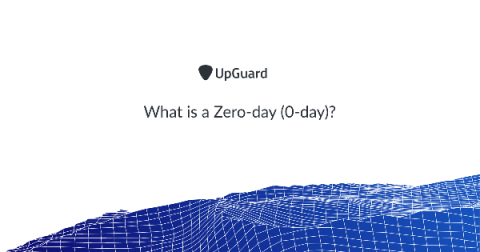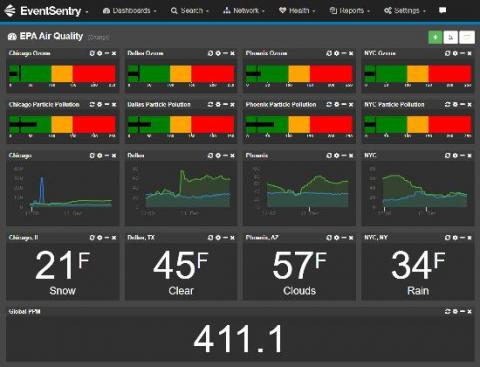Companies That Request PII From Vendors Must Protect It
In my line of work, it is often a requirement to provide our customers with background information on the employees who will be performing on-site professional services. This is not in itself an issue, but how the customer receives and handles that information can be. Tripwire best practice is for HR to provide an attestation of all requested background checks to our clients rather than providing detailed background reports or having the client run a background check on our employees.








